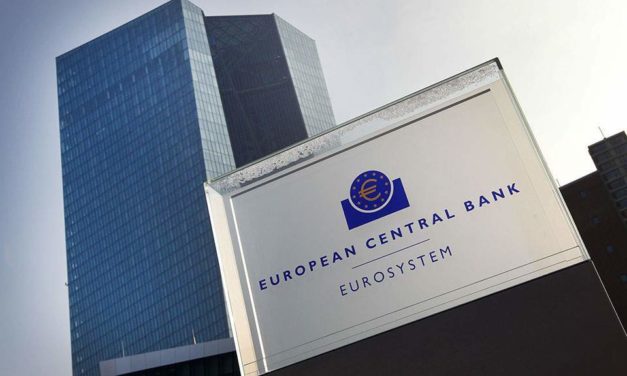A few thoughts about the euro
This is it! You now need 1 dollar to buy 1 euro. To get this picture below, I used the FRED connection with Mathematica 13.1, as I explained it in a previous blog. The Wolfram documentation is very clear and self-explaining. You have to register on the FRED website. Beyond these practical aspects, let us come back to the economic meaning of the parity between the euro and the US dollar. Between 2000 and 2003, the euro was below the one dollar threshold, the late John Williamson explained in this article that is it was only a stochastic blip. The rest of the 2000s seem...
Read More









